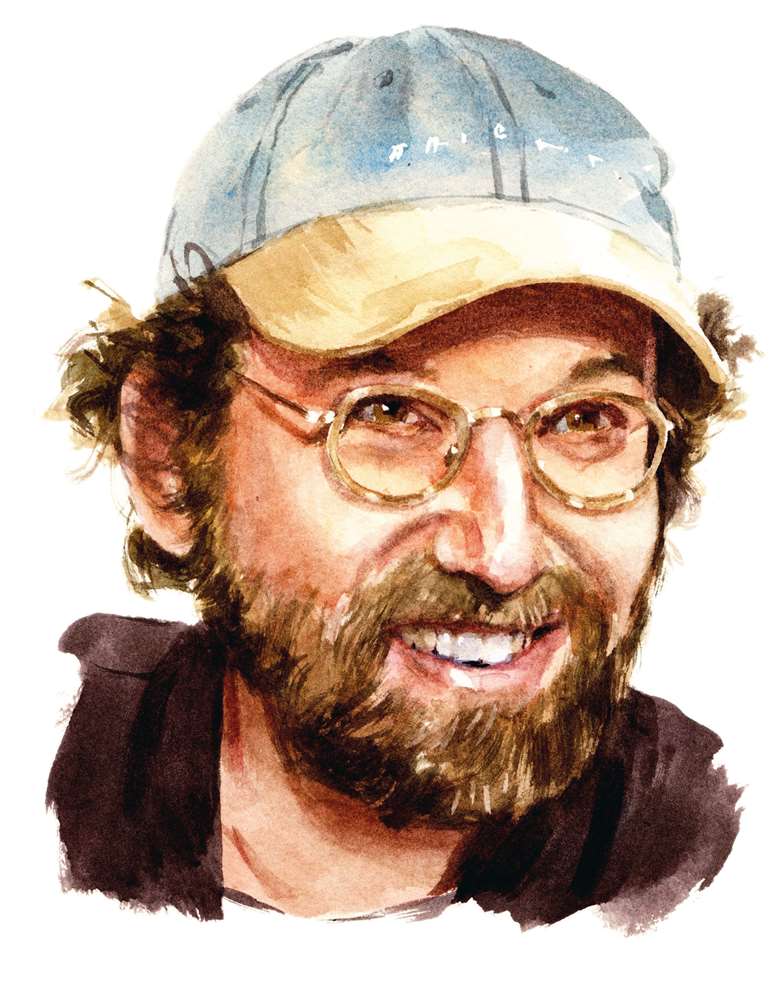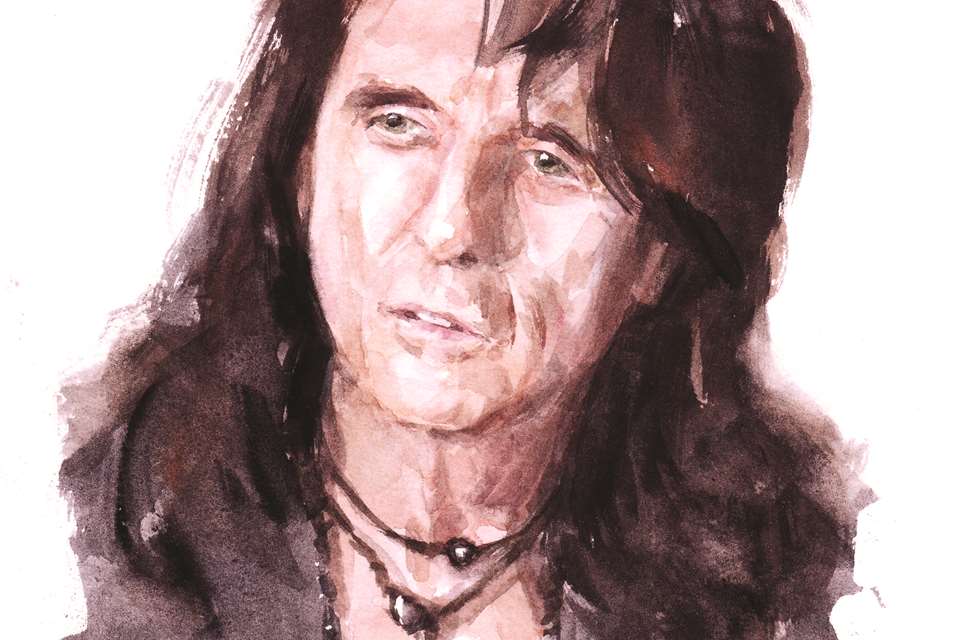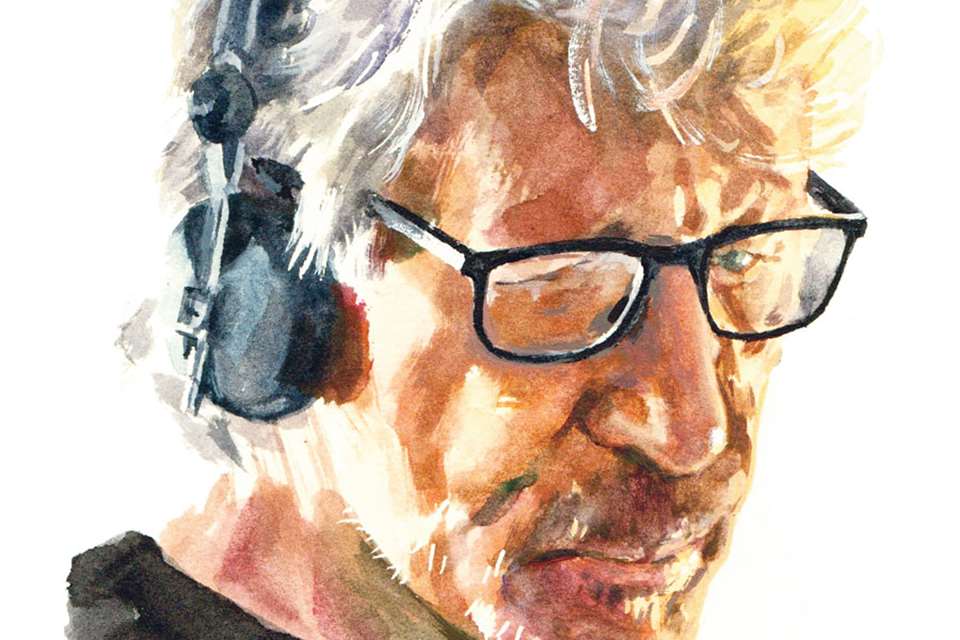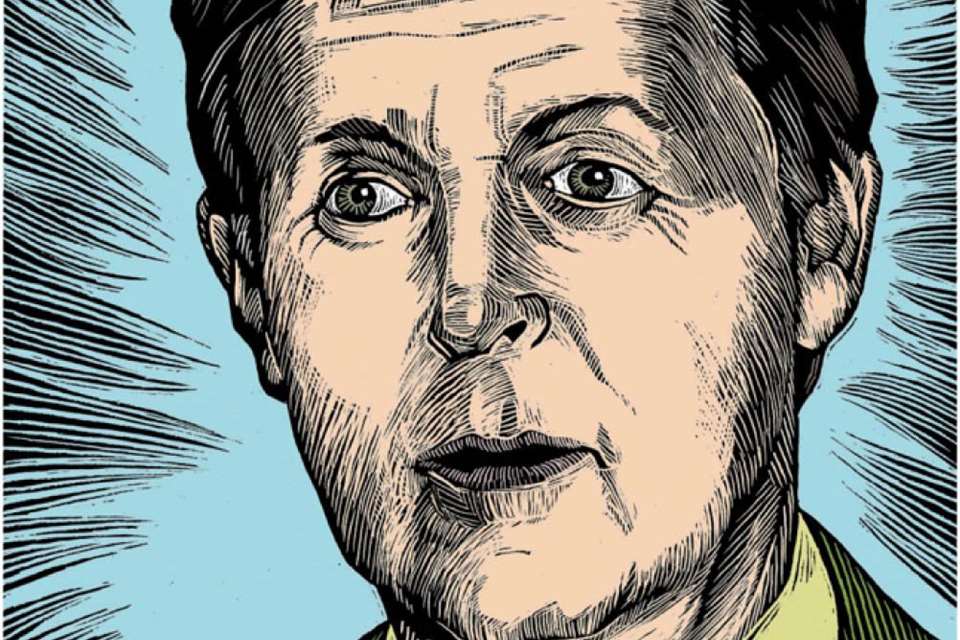Daft Punk's Thomas Bangalter on embracing a new musical challenge: writing a ballet
Wednesday, June 21, 2023
The former member of electronic music duo Daft Punk on writing his ballet Mythologies

Register now to continue reading
Thanks for exploring the Gramophone website. Sign up for a free account today to enjoy the following benefits:
- Free access to 3 subscriber-only articles per month
- Unlimited access to our news, podcasts and awards pages
- Free weekly email newsletter













